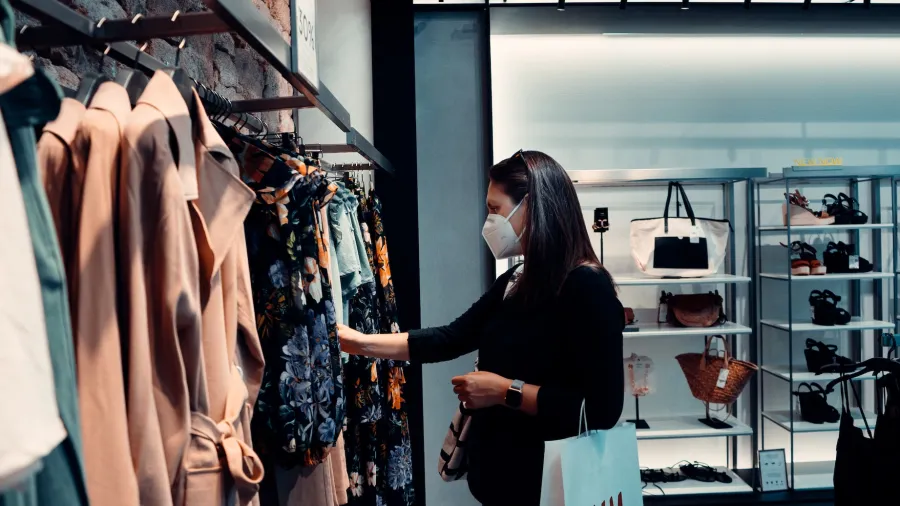
SHEIN customers prefer circularity in clothing choices
Reselling of clothes and secondhand items has become a reliable habit among SHEIN users.
SHEIN customers have relied on circular practices in their daily routines, especially when choosing clothes, according to a study by the e-commerce platform.
In a survey of over 3,500 respondents from all age groups, the donation of old clothes and engagement in peer-to-peer online resales are two of the most popular ways in the circular fashion ecosystem.
With circular fashion serving as a cost-saving measure, online shoppers have shown interest in various circular habits and are ready to be more frequent in their habits for the coming years.
Respondents from the U.S., Mexico, and Germany reveal that they pass items to friends and family. Similarly, 75% of SHEIN customers in France have also shared about reselling their items through online platforms.
ALSO READ: Klook secures $210m funding round to back business growth
Meanwhile, resale has been prominent amongst SHEIN customers, with users of various demographics and locations depending on resale for added monetary flow. Users tend to earn money through reselling, while they discover new finds and pre-loved pieces from other users.
Shoppers from Brazil, the UK, France, and Germany are found to be motivated to rely on secondhand items and clothing, with sustainability as one of the factors. Customers tend to buy or resell clothing 1-4 times a year, with the older demographic mostly utilising the online resale channels than younger buyers.

















 Advertise
Advertise







